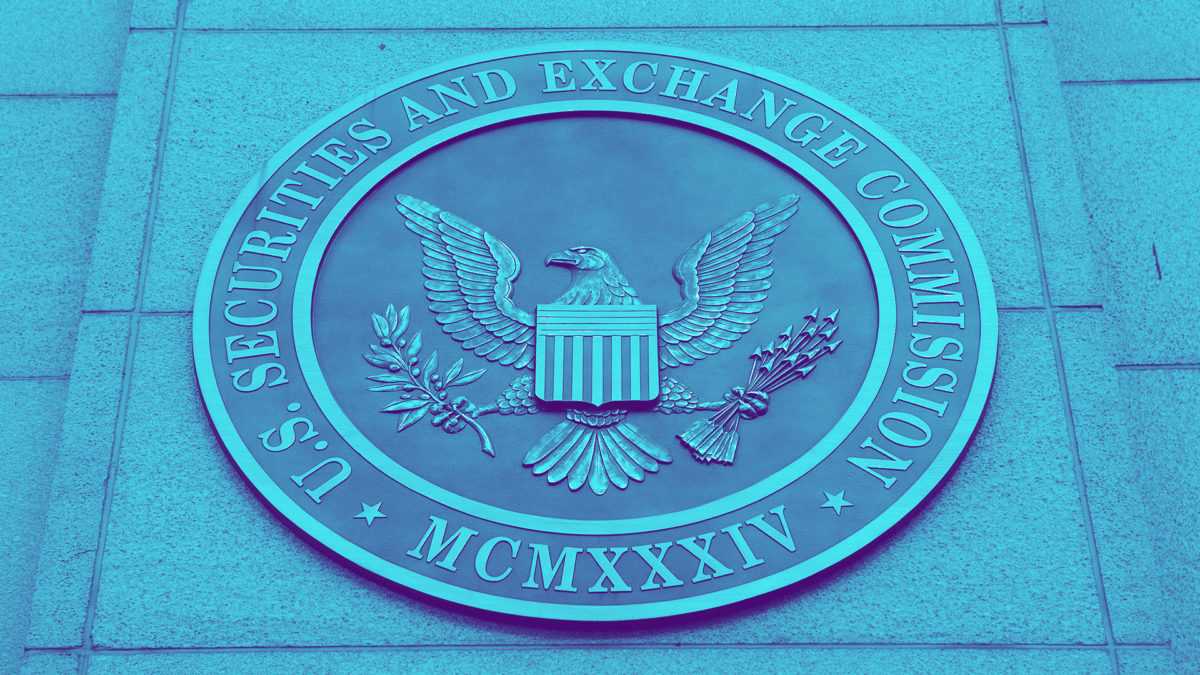Hester Peirce says she disagreed with the SEC's Telegram enforcement approach 'from the beginning'

Quick Take
- SEC commissioner Hester Peirce said this week that she disagreed with the Telegram enforcement action and later settlement “from the beginning”
- In a recent Blockchain Week event in Singapore, Peirce laid out the nuances of the case and implications of the court’s decision
- Chief among them, Peirce pointed out that the court sees tokens and investment contracts as inseparable

"Gone is the distinction between the investment contract and the token."
So said SEC commissioner Hester Peirce during a blockchain industry event in Singapore on July 21, according to a published copy of her remarks. Peirce has been vocal about crypto issues and relationships with the Securities and Exchange Commission (SEC).
Peirce notably voiced her dissent over the recent Telegram decision and settlement during the Singapore appearance. In her address, Peirce laid out why she found the result unproductive — namely because the court failed to grapple with the usability of cryptocurrencies in its application of the Howey Test.
"Last month's settlement was the unsatisfying culmination of an enforcement action that I did not support from the beginning," she remarked.
Dueling perceptions
The legal battle between the regulator and Telegram began last October when the SEC took umbrage with the platform's $1.7 billion token sale to fund its TON Blockchain initiative. Telegram's offering was two-pronged, according to Peirce. First, it would raise funds by selling interests in its token, Grams, which investors would later receive at the launch of the project. Peirce said Telegram relied on Rule 506(c) to execute this private offering, which is a frequently-used exemption.
The source of the disagreement mostly arose from the second phase, when the Grams were delivered, and investors could resell them in accordance with lockup restrictions, according to Peirce. Telegram saw Grams as currency with a use case on the TON Blockchain. The SEC began to think it looked more like a security since the value would increase with network effects.
Telegram's view saw the tokens as a separate asset from the capital raised since the tokens were to be used as a medium of exchange on the blockchain network. In its view, Telegram raised its capital in a private offering under a securities law exemption, and the resale of the token on the TON Blockchain was not under the thumb of securities laws since it had a use case on the platform.
Peirce said the court rejected this understanding at the urging of the SEC. The resale of Grams was equated with the offer and sale of a security in the court's view, and most importantly, the court decided that the Gram couldn't be separated from the investment contract in the private offering. But the delivery of the Grams to investors — which the SEC deemed evidence of an illegal securities offering — Peirce said is a necessary step in creating a decentralized blockchain network.
"I do not support the message that distributing tokens inherently involves a securities transaction," she said.
Peirce expressed her disappointment that the court failed to grapple with a more interesting question — if the Howey Test, the means of distinguishing securities from other assets, would continue to be met in future transactions when the TON Blockchain launched.
"By focusing the Howey analysis exclusively on the original transaction, the factual reality of the transaction that the court halted was lost," said Peirce.
Unintended consequences
Furthermore, Peirce pointed out that Telegram wasn't a U.S. company, and only a quarter of the funds raised in the private offering were conducted stateside. Yet the court's injunction kept Telegram from delivering the tokens to "any persons," meaning global investors were affected by a U.S. decision against a non-U.S. company.
"We should be cautious about asking for remedies that effectively impose our rules beyond our borders," said Peirce. That decision led to an "unsatisfying result," according to Peirce — the abandonment of an innovative project.
This is not the first time Peirce has openly disagreed with her fellow commissioners. In February, she penned a dissent related to the rejection of the last remaining bitcoin exchange-traded fund (ETF) proposal. In her remarks, Peirce criticized the ever-shifting standards of the SEC in relation to digital asset projects. And earlier this year, she proposed a safe harbor act for token projects that is now receiving public feedback.
© 2025 The Block. All Rights Reserved. This article is provided for informational purposes only. It is not offered or intended to be used as legal, tax, investment, financial, or other advice.







